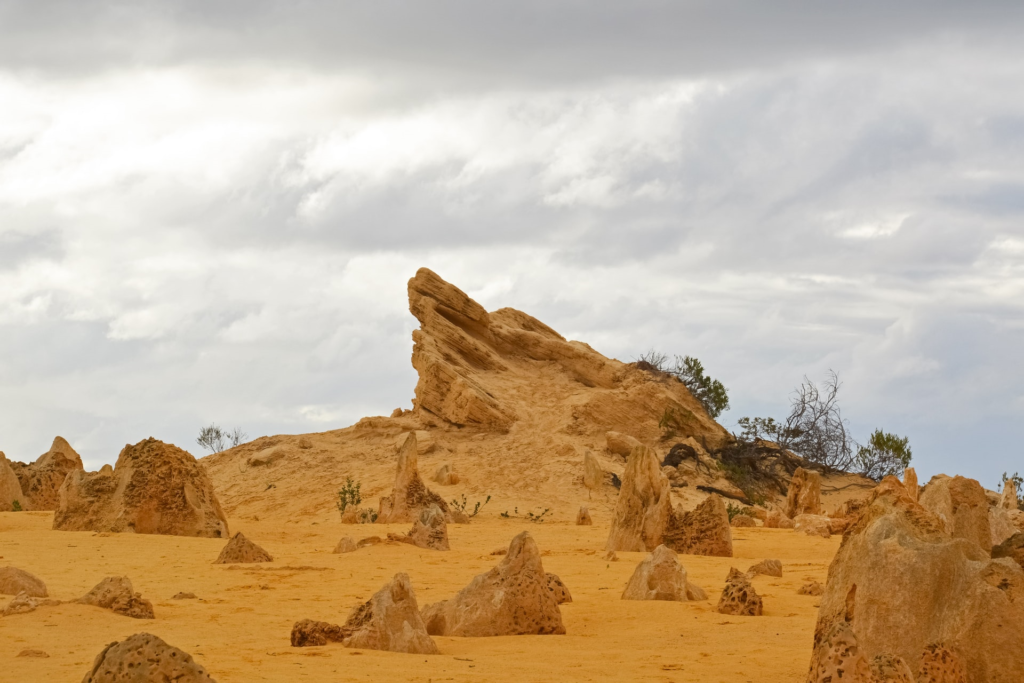(par 3.10.3) Resilience (from wikipedia)

http://en.wikipedia.org/wiki/Main_Page From Wikipedia, the free encyclopedia Lake and Mulga ecosystems with alternative stable states[1] In ecology, resilience is the capacity of an ecosystem to respond to a perturbation or disturbance by resisting damage and recovering quickly. Such perturbations and disturbances can include stochastic events such as fires, flooding, windstorms, insect population explosions, and human activities such as deforestation and the introduction of exotic plant or animal species. Disturbances of sufficient magnitude or duration […]
(par 3.10.3) Plants Are Less Prepared for Drought Than Experts Thought

http://www.natureworldnews.com/articles/10385/20141115/plants-less-prepared-drought-experts-thought.htm By Brian Stallard Nov 15, 2014 11:29 PM EST As extreme weather patterns continue to change with the global climate and shifting trade winds, drought conditions are expected to become more frequent or even worsen for some parts of the world. That’s bad news for a stunning number of plant species, which appear to be […]
(par 3.10.2) What Happens if Something Disrupts the Ecosystem

by Kari Norborg Carter, Demand Media http://everydaylife.globalpost.com/happens-something-disrupts-ecosystem-38354.html Ecosystems are dynamic, ever-changing communities of interdependent organisms and their environment. When disaster strikes, natural ecosystems can be affected just as humans communities are. Natural and human-caused disturbances and disasters can alter or devastate an ecosystem temporarily or for an extended period of time. But like human communities, […]
